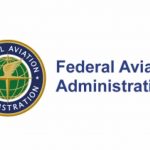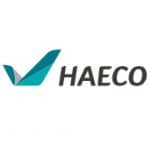EASA Mandates Specific Repairs For Russian And CIS Operated Airbus A320s & A320neos
The European Union Aviation Safety Agency (EASA) has mandated that all Airbus A320 and Airbus A320neo family aircraft operators that have aircraft that were approved to be operated inside the Commonwealth of Independent States (CIS) to either repair or replace certain nose landing gear (NLG) parts.
However, EASA noted that the airworthiness directive (AD) applies to aircraft irrespective of the current region of operation. Instead, the regulator said that airlines will have to repair or replace NLG parts on aircraft that either have the following modifications (mod) or Airbus Service Bulletins (SB): mod 15374 or Airbus SB A320-00-1260, mod 34650 or Airbus SB A320-32-1308, or mod 152970 or Airbus SB A320-32-1422.
According to the European regulator, Airbus designed specific modifications to comply with the Russian Federal Air Transport Agency (FATA) and CIS Interstate Aviation Committee (IAC AR) requirements. The manufacturer also issued corresponding bulletins, which allowed airlines to modify their in-service aircraft to comply with these requirements.
EASA warned that if the condition is not corrected, it could lead to potential damage or failure of the affected NLG parts or the forward landing gear, resulting in possible damage to the aircraft and injuries to the flight crew and/or passengers.
The directive split the affected aircraft into three groups. Group 1 aircraft are those that have one of the listed NLG parts and are CIS-approved, while Group 2 aircraft do not have any affected parts, yet CIS-operated aircraft that were manufactured on or after September 1, 2018, are also considered Group 2 aircraft if no affected parts have been installed on an A320 family jet. Lastly, aircraft are designated as Group 3 if they are not certified for CIS operations but may or may not have an affected part installed.
EASA noted that an affected part could be one of 18 parts that have been repaired according to Airbus or Safran Landing Systems (SLS) repair instructions issued before July 1, 2018. Affected parts are also considered to have no records of repairs done before that day. EASA added that parts repaired according to the manufacturer’s instructions or for which SLS had issued a fatigue reassessment confirmation, which was accomplished according to Airbus’ instructions, require no additional action.
To read more of this article, click the link above




